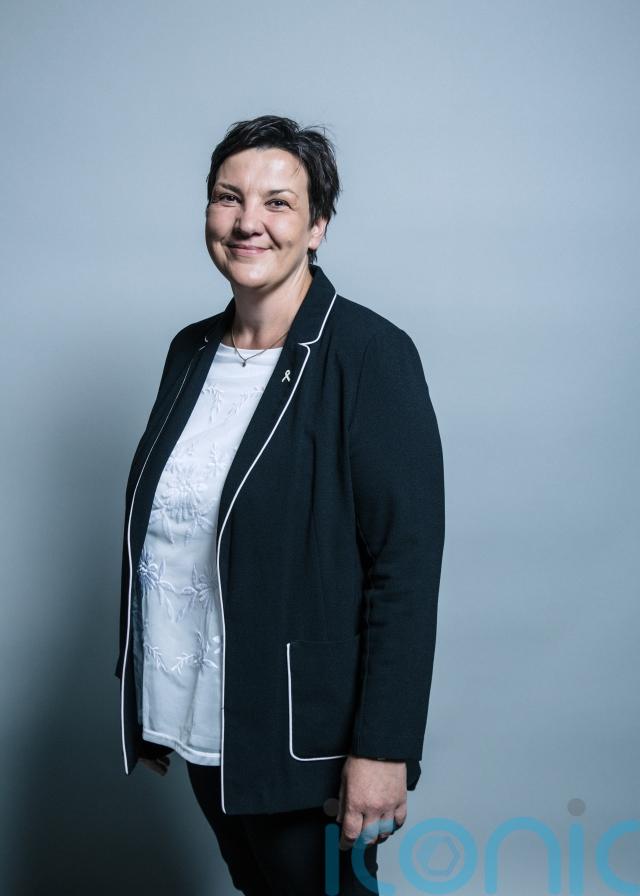A Westminster committee has called for more funding and better co-ordination in a bid to tackle violence against women and girls.
The Northern Ireland Affairs Committee also called for work to understand the levels of violence against females in the region.
It comes after the committee heard evidence sessions and met with organisations which support women who have experienced violence.
MPs heard 98% of women in Northern Ireland have experienced at least one form of gender-based violence, and 28% of all victim-based crimes in Northern Ireland are related to domestic abuse.
The scale of violence against women and girls in Northern Ireland is truly shocking.
We’ve written to the Safeguarding Minister, @JessPhillips, with urgent recommendations ahead of the publication of the Government’s strategy on violence against women and girls later this year. pic.twitter.com/fDoCXF3U1p
— Northern Ireland Affairs Committee (@CommonsNIAC) July 17, 2025
The committee also heard anecdotal evidence suggesting the legacy of the Troubles adds a unique dimension in the experience of females in the region, and that a disproportionate number of women in Northern Ireland are being silenced by online violence or subjected to intimate image abuse when compared with rest of the UK.
The committee’s recommendations include sharing learning across the UK and consideration of an oversight board, as well as collaboration between Westminster and Stormont.
It has also recommended that in the Government’s upcoming strategy for tackling violence against women and girls (VAWG), it sets out what steps it is taking in each nation of the UK, and to ensure that technology companies do so, too.

Committee chairwoman Tonia Antoniazzi called for action.
“The shocking scale of violence against women and girls in Northern Ireland, highlighted by the harrowing experiences we heard of those who are forced to put up with it daily, cannot be tolerated any longer,” she said.
“Previous efforts have clearly failed to tackle what is a scourge on society across the UK, and the Government now has an opportunity to set a new course.
“Alongside funding to protect women and girls from unacceptable abuse online, support for victims and early intervention to change attitudes, we need Stormont, Westminster, Holyrood and Cardiff to get together regularly to share what’s working, and what they’re learning, as they each respond to VAWG.
“As part of this, we’re calling for more research into issues that might be specific to Northern Ireland, so that we can help end this grim reality, which is faced by far too many.”
ADVERTISEMENT – CONTINUE READING BELOW
ADVERTISEMENT – CONTINUE READING BELOW
ADVERTISEMENT – CONTINUE READING BELOW
ADVERTISEMENT – CONTINUE READING BELOW
ADVERTISEMENT – CONTINUE READING BELOW
ADVERTISEMENT – CONTINUE READING BELOW
ADVERTISEMENT – CONTINUE READING BELOW
ADVERTISEMENT – CONTINUE READING BELOW
ADVERTISEMENT – CONTINUE READING BELOW
